As the famous saying goes, you need to get your beauty sleep. Whilst sleep can play a key role in how dark your eye circles are the next day, getting enough sleep plays a much bigger role in overall health than you think.
Getting enough sleep is essential for so many bodily functions such as the ability to process memories, being able to think clearly, improving mood and even weight loss. We probably all know this because no one ever wakes up feeling fresh or in a great mood when they’re running on 4 hours of sleep. Whilst we could be here all day talking about how sleep helps with a variety of things, we are going to specifically look at why sleep is essential for immune health.
Everyone has an internal body clock, called circadian rhythm, which operates over 24 hours and regulates your wake-sleep cycle i.e why you feel tired in the evening and why you feel more alert during the day. Since it’s built into our biology, it’s important that we follow our circadian rhythm by going to sleep at night as a study shows that interfering with this can lead to decreased cognitive function. Something to consider before pulling an all-nighter!
Research shows that when we go to sleep, our immune system almost revs up, almost like a dimmed light bulb that gets brighter (because our immune system never switches off!). There is an increased production in certain immune cells such as cytokines, that is associated with inflammation. Whilst you may be thinking inflammation is a bad thing, fear not as inflammation is essential and inflammation that happens during sleep could harm mental and physical performance if it happens when we are awake. In addition, melatonin, a hormone produced at night, helps counteract the stress that comes from inflammation when we sleep. German researchers have also found that immune systems T-cell function is improved when we sleep and T -cells are known for fighting against pathogens such as flu, HIV, herpes and cancer cells. Who knew our bodies were doing all that when we sleep!? So make sure to get your 7-9 hours a night for optimal health.
Let’s look at the flip side. What happens when we don’t get enough sleep? Our natural killer cells drop by 70% when we sleep for 6 hours or less. Studies have shown that people who don’t get enough sleep are more likely to get sick from the common cold. This is why sometimes good old fashioned rest is the best thing you can prescribe when you’ve come down with something. Sleep deprivation also has longer term adverse health effects such as increased risk of diabetes, obesity and cardiovascular disease. In our podcast with Dr Andrew Meyers, a naturopathic physician, said “I can't tell you the number of studies that I have reviewed that said that chronic insomnia will become recognized as one of the leading causes of degenerative disease from a risk factor perspective over the next five to 10 years”. You can listen to our podcast “The Power Is Within Us” on Spotify, Google Podcast and Apple podcasts.
Because it’s so important, here are some things you can do to help you sleep better:
- No blue lights in the evening. Blue lights from phones, laptops and TVs can interfere with the hormone produced to help us feel tired and get to sleep. So why not try out some blue light blocking glasses? Our phones also have a night time function which stops the blue light from being emitted.
- Create an environment for sleep. Factors such as light, noise and temperature can influence your quality of sleep and how quickly you can get to sleep. So even if you have to sleep with earplugs and an eye mask, do it in the name of health!
- Take a herbal remedy. Natural plants such as valerian, chamomile and cherry have been shown to help you relax and improve quality of sleep. There are lots of herbal teas, remedies and drinks that contain these natural plants, Tonic’s Night Time Immunity being one of them!
- Take magnesium. Magnesium is an essential mineral and helps your body relax, reduces stress and helps you sleep for longer.
- Associate your room with rest. I know many of us are now working from home, but avoid working in your room as it creates the association of your bed and work/stress. If you need to work in your room, avoid working on your bed.
- Don’t drink any caffeine after 3pm. Caffeine can stay in your bloodstream for 10 hours so avoiding alcohol in the afternoon would be beneficial if you’re trying to get a good night's sleep.
So next time you go to say beauty sleep, why not call it immunity sleep?
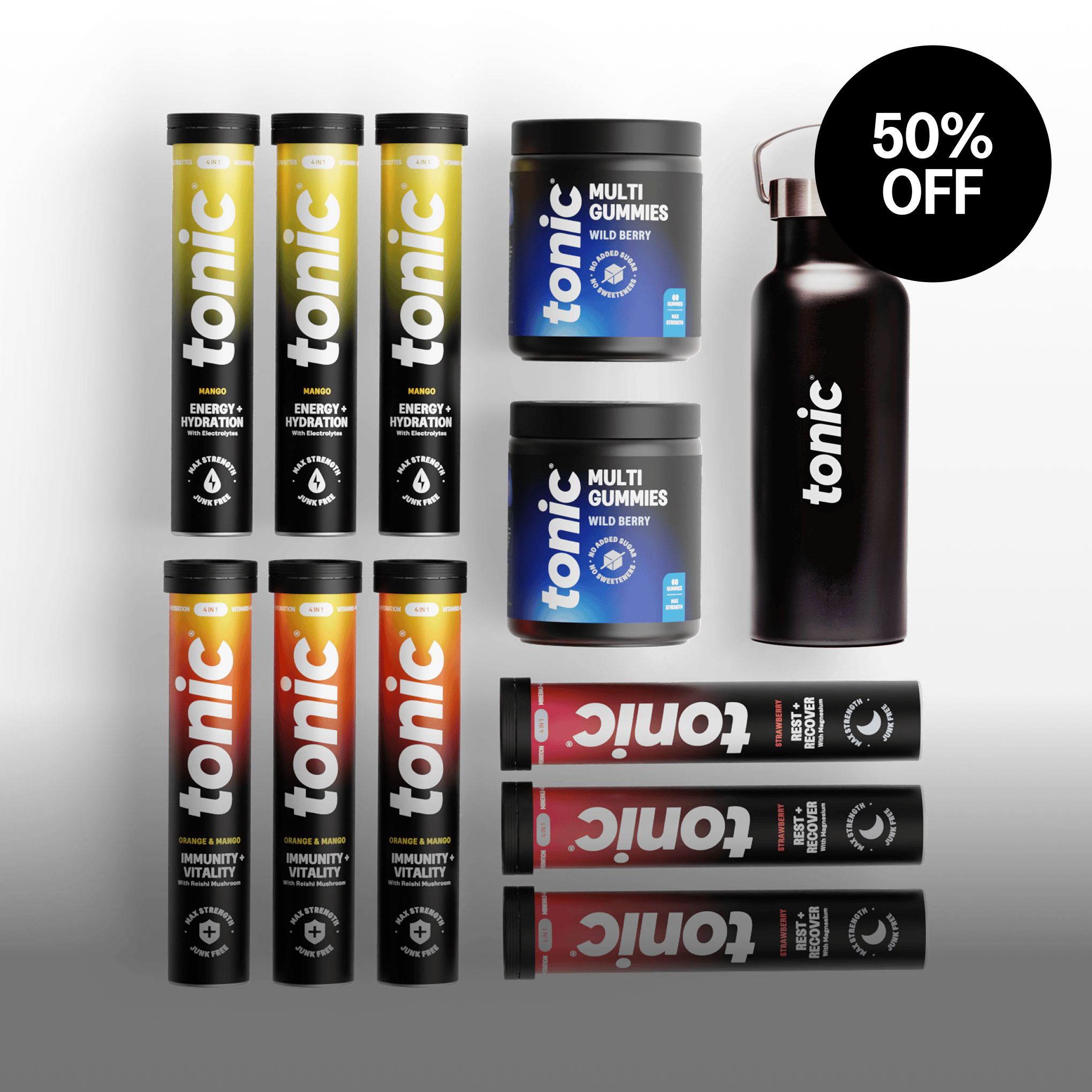
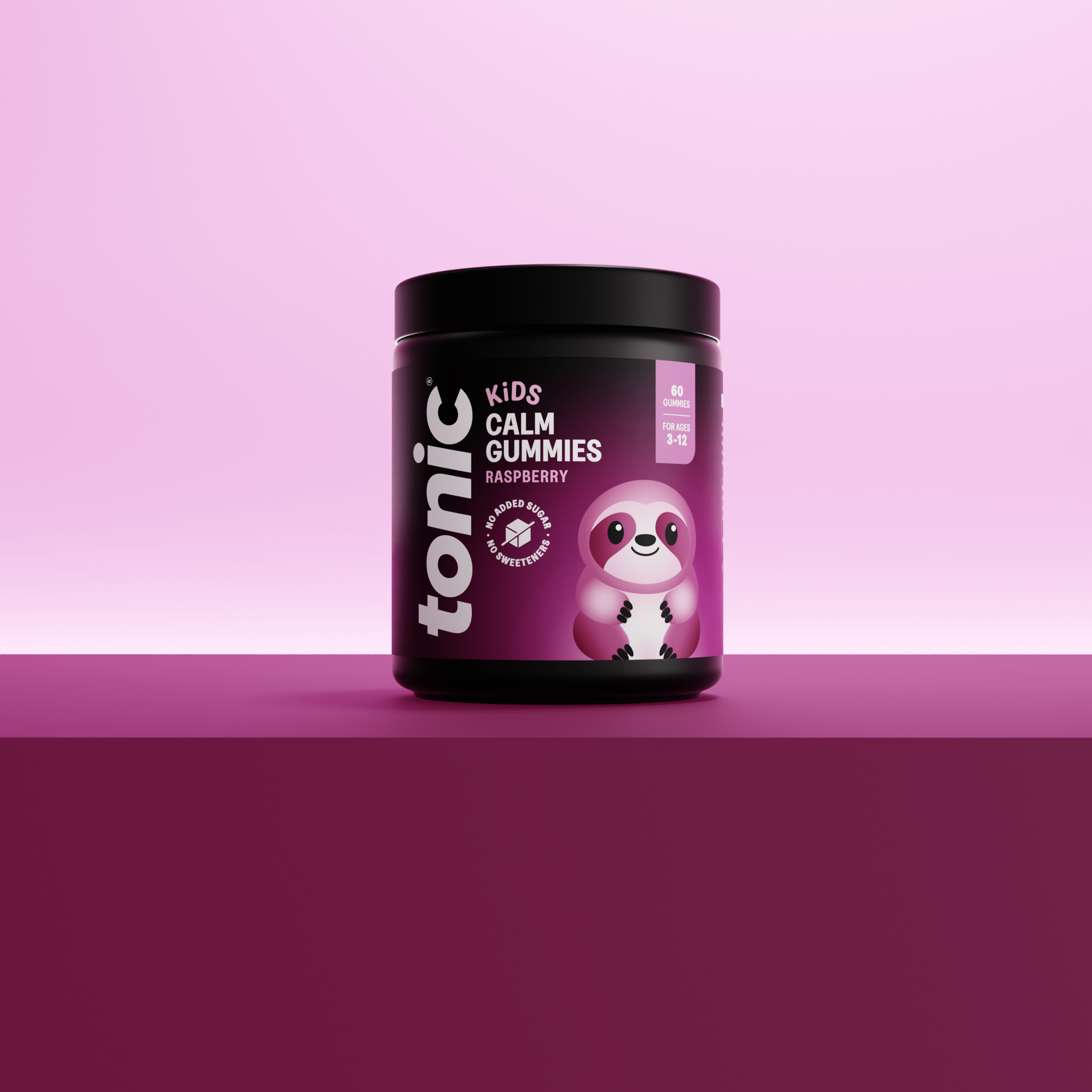

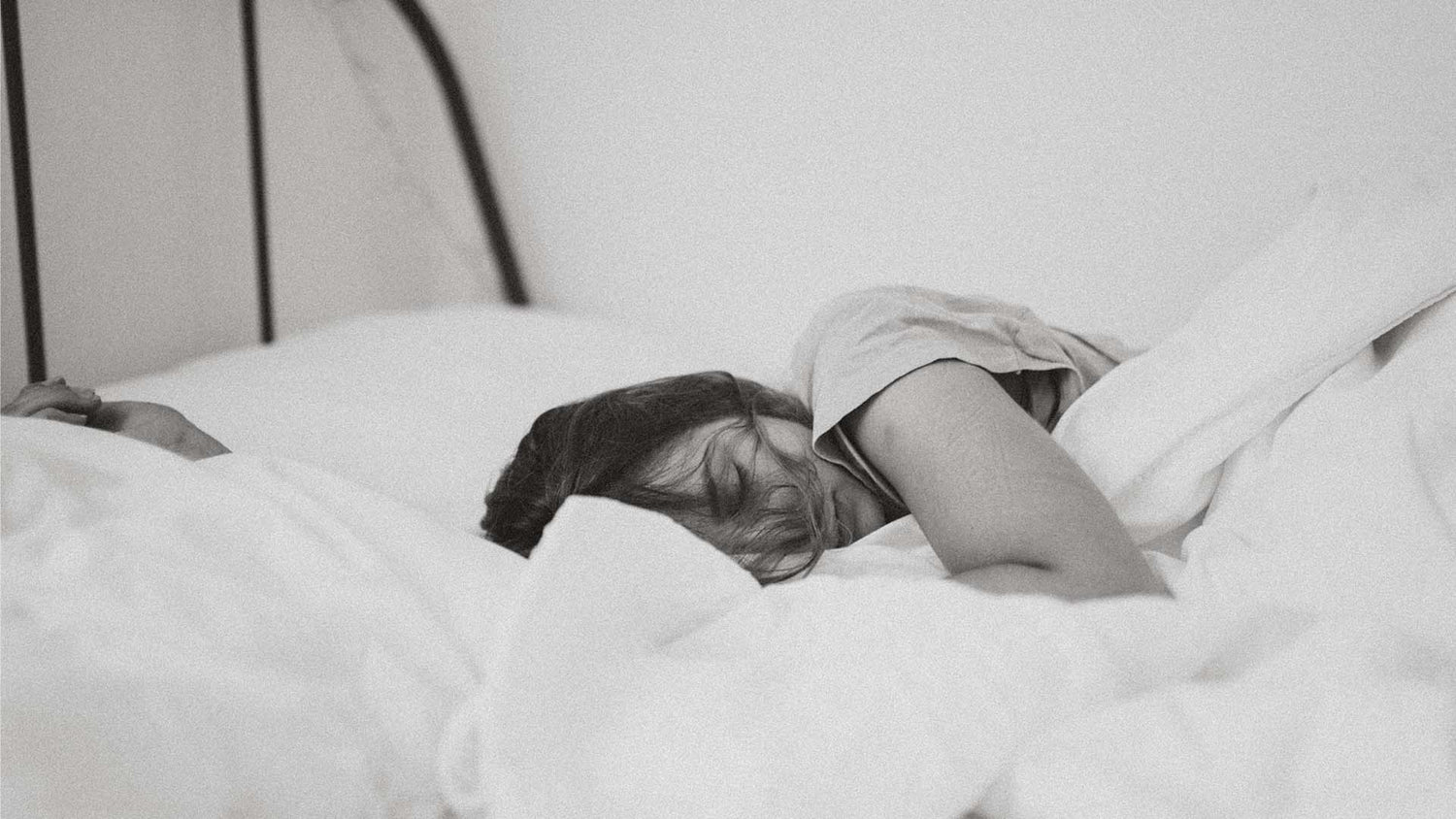
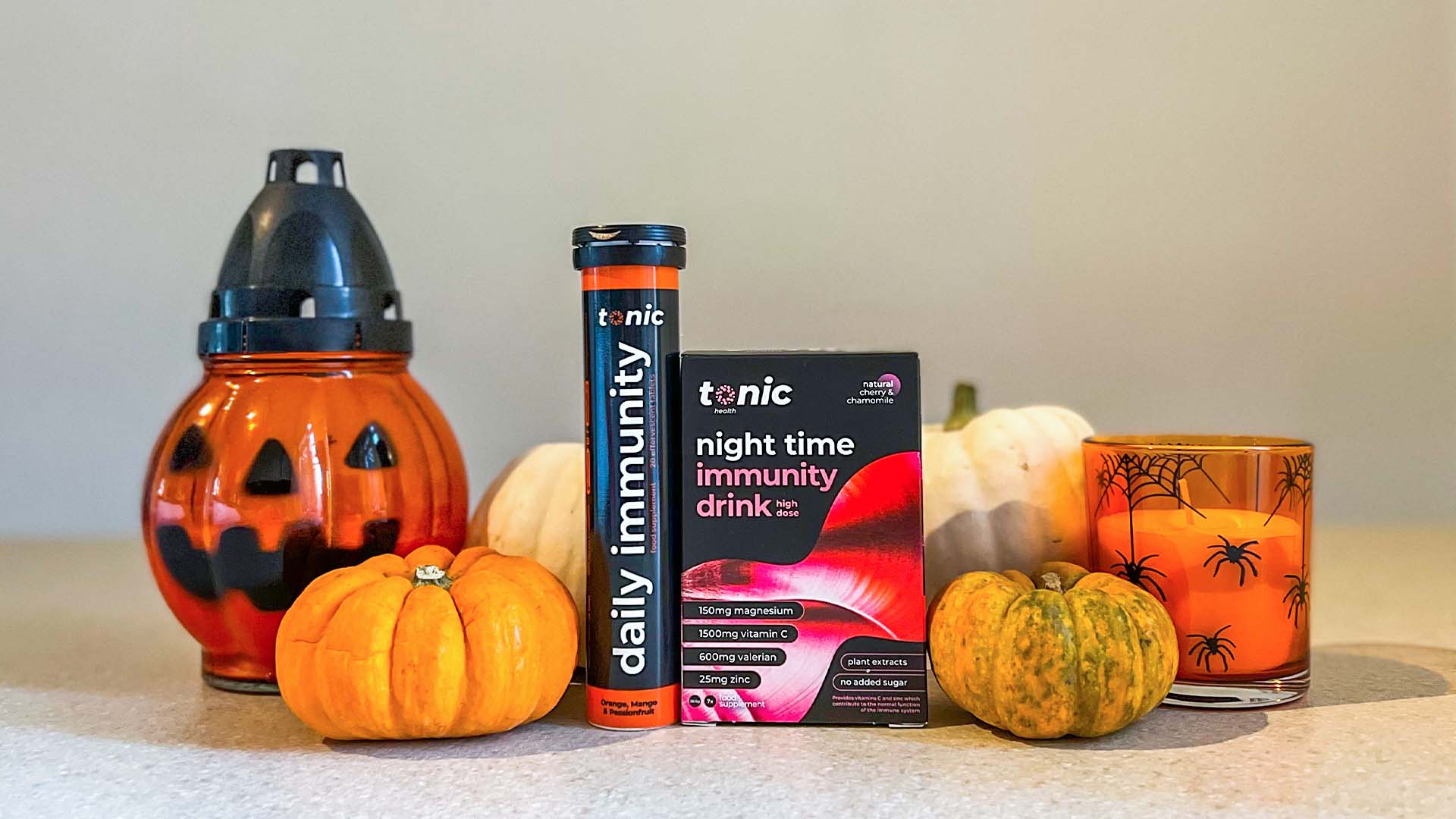
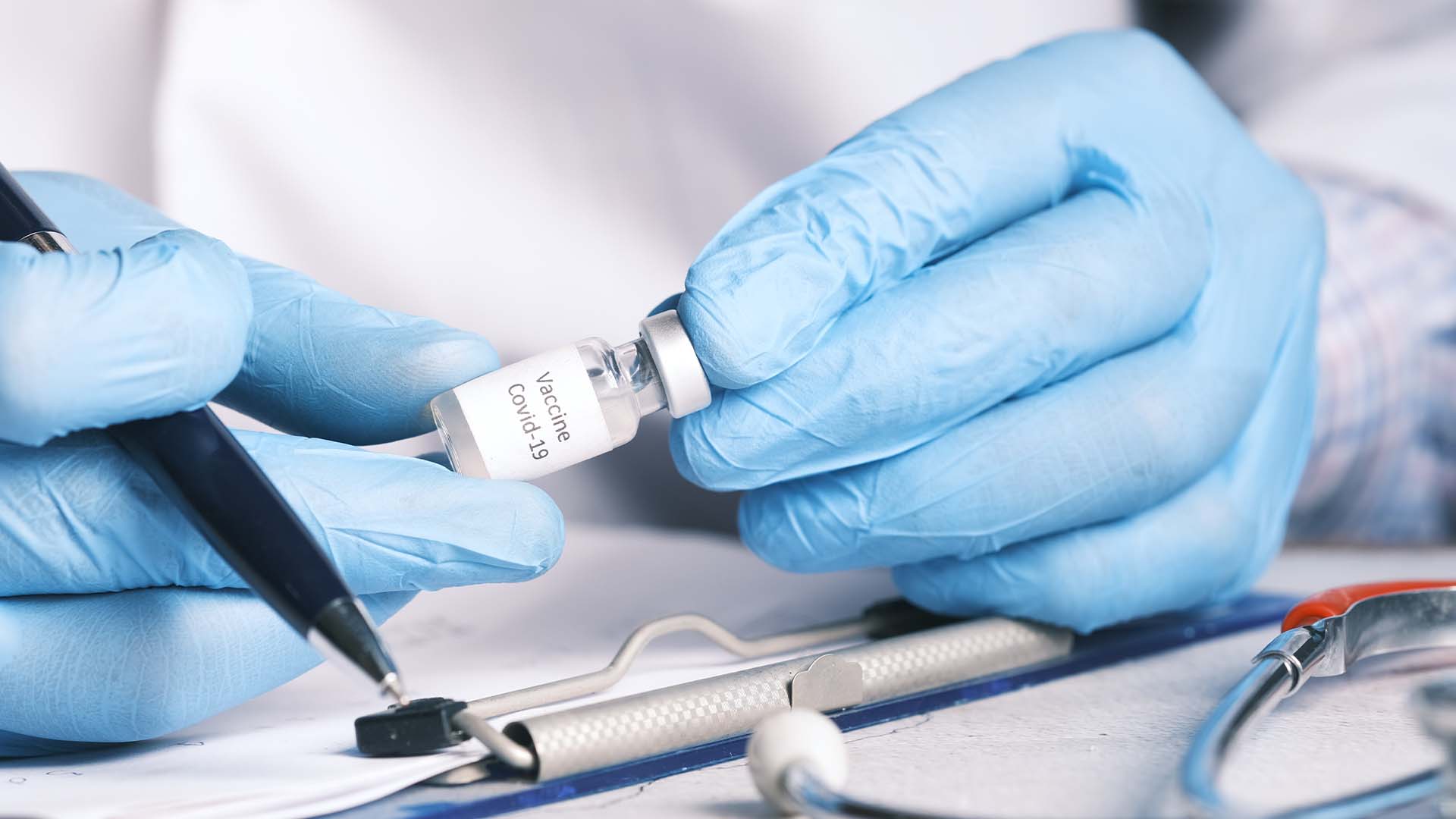

Leave a comment
All comments are moderated before being published.
This site is protected by hCaptcha and the hCaptcha Privacy Policy and Terms of Service apply.